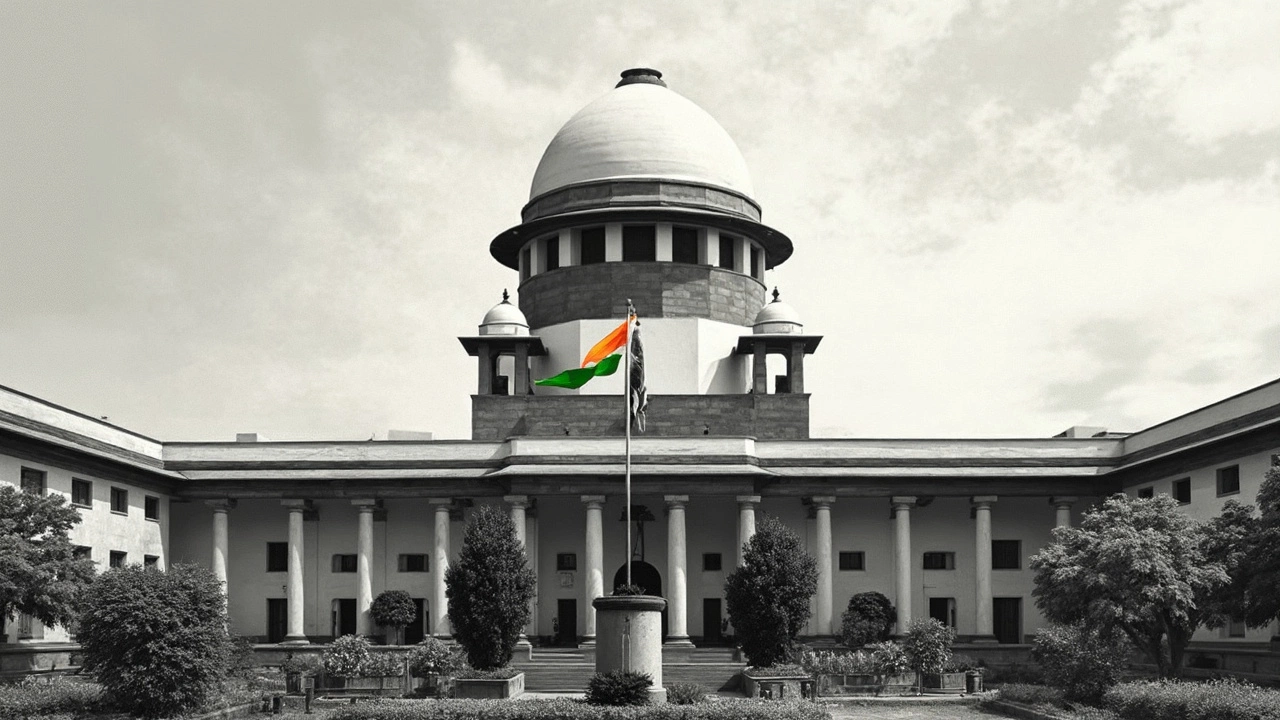Lokpal: What It Is and Why It Matters
Ever wondered why you hear about the Lokpal every time a big scandal breaks? It’s simple – the Lokpal is India’s anti‑corruption watchdog, set up to investigate and act against public officials who misuse power. Think of it as a referee for the government, stepping in when the rules are broken.
The idea grew out of public demand for a clean‑cut system after many high‑profile graft cases. In 2013, the Parliament passed the Lokpal and Lokayuktas Act, creating a central body that can probe ministers, MPs and bureaucrats. Since then, the Lokpal has become a talking point in every election, news report and street conversation.
Why the Lokpal Matters
First off, the Lokpal gives ordinary citizens a way to raise complaints about corruption without fearing retaliation. You can file a petition online, and the body is supposed to act within a set timeline. This transparency builds trust – people feel the system is watching the watchmen.
Second, the Lokpal’s powers include calling for documents, questioning officials and even recommending prosecution. While it can’t directly punish, its findings often lead to court cases or administrative action. That extra layer of scrutiny makes it harder for corrupt practices to stay hidden.
Third, the existence of the Lokpal pushes politicians to act cleaner. Knowing that a dedicated agency may investigate their actions influences behavior, especially during high‑stakes moments like budget talks or big infrastructure deals.
How the Lokpal Works Today
Today the Lokpal sits in Delhi and is headed by a chief, assisted by members from the judiciary, civil services and social sectors. When a complaint lands, an initial review decides if it’s worth pursuing. If yes, a detailed investigation begins, often involving the Central Bureau of Investigation (CBI) under the Lokpal’s supervision.
Recent updates show the body handling cases ranging from secretive land deals to misuse of public funds in ministries. While the number of convictions is still limited, each successful case sends a clear signal that corruption won’t go unchecked.
For you, the practical steps are straightforward: visit the official Lokpal portal, fill out the complaint form, attach any evidence you have, and submit. You’ll get a reference number and can track progress online. Remember, factual, documented complaints move faster than vague accusations.
Lastly, keep an eye on news about the Lokpal’s annual reports. They give a snapshot of how many cases were opened, closed, and what impact they had. Those reports are a good barometer of the agency’s effectiveness and can spark public debate on needed reforms.
Bottom line: the Lokpal is a key player in India’s fight against corruption. Whether you’re a student, business owner or just a curious citizen, understanding how it works helps you stay informed and, if needed, take action. Stay updated, stay vigilant, and you’ll see why the Lokpal matters to all of us.
